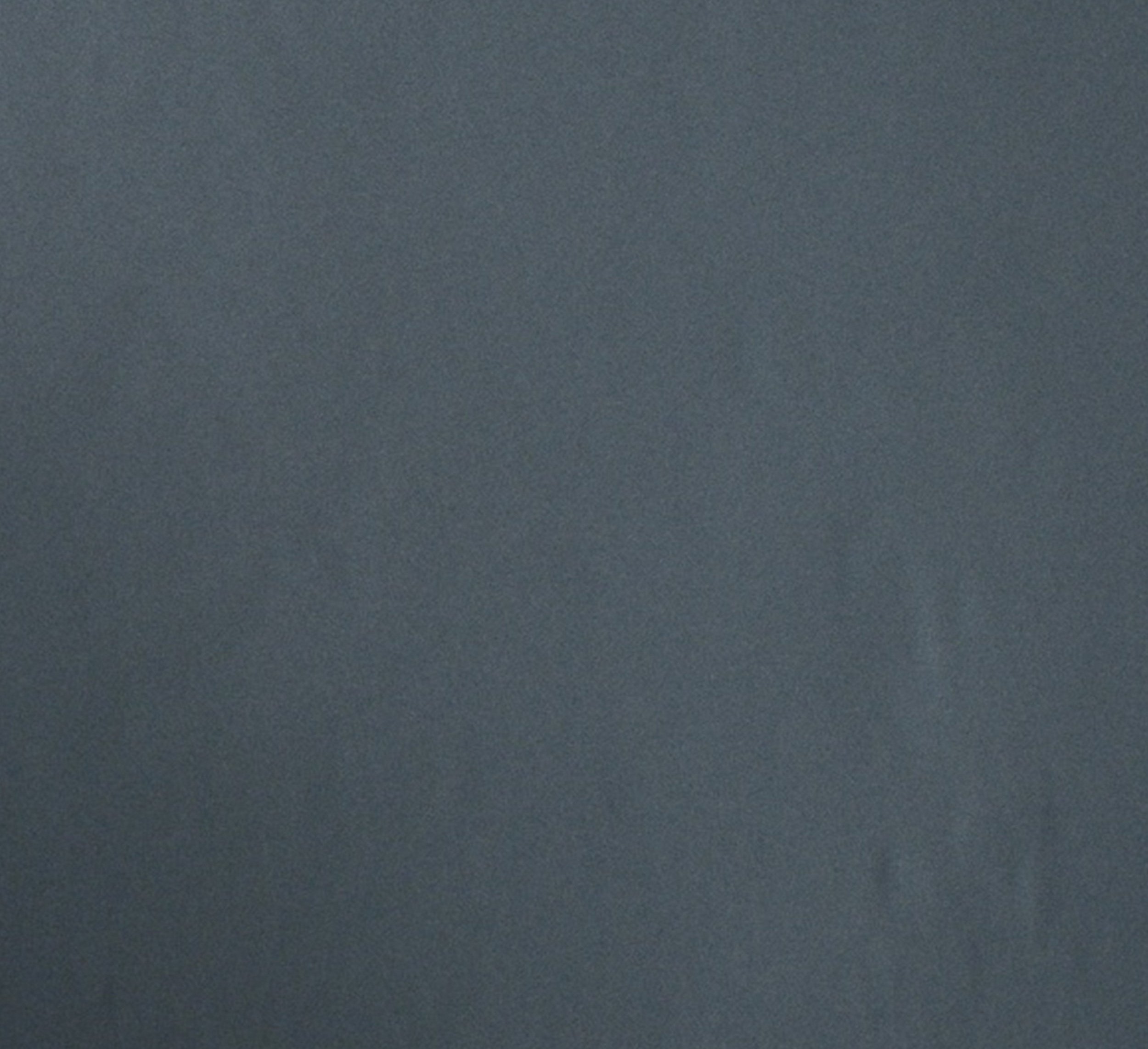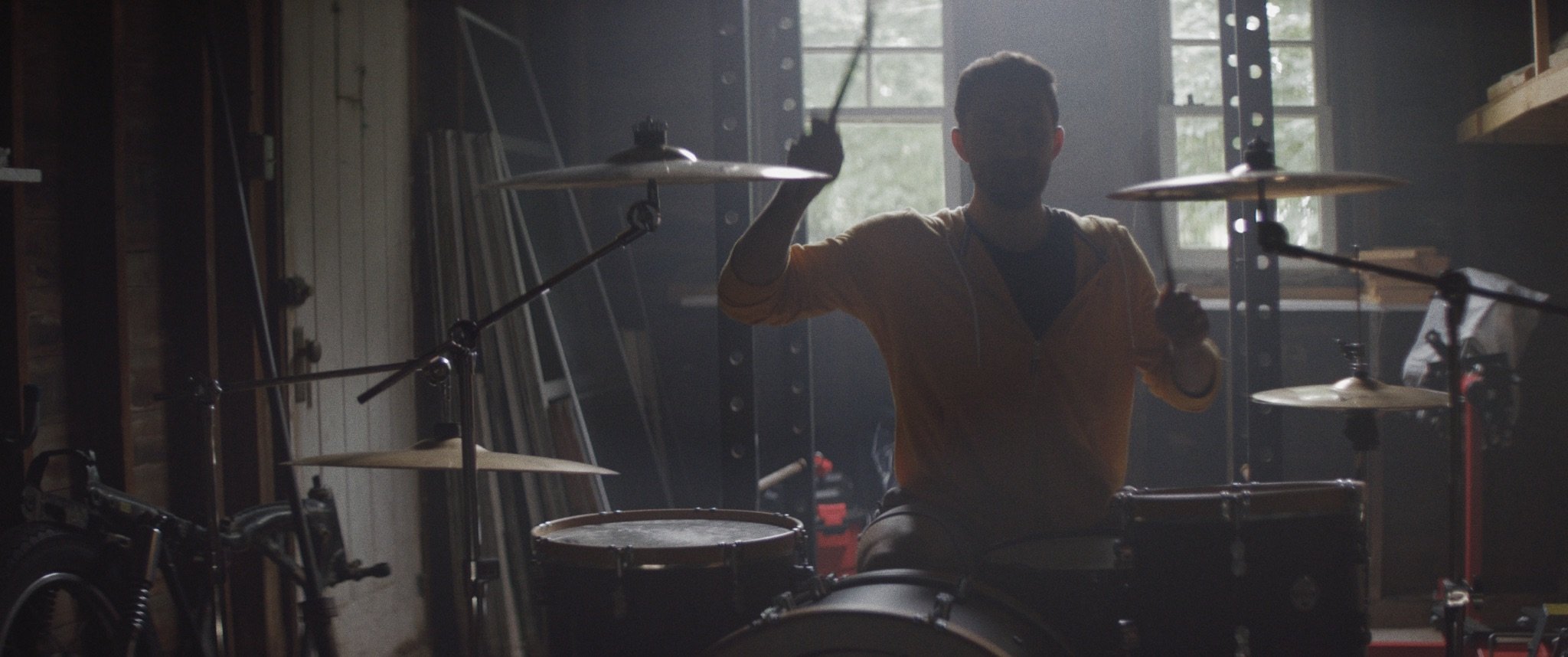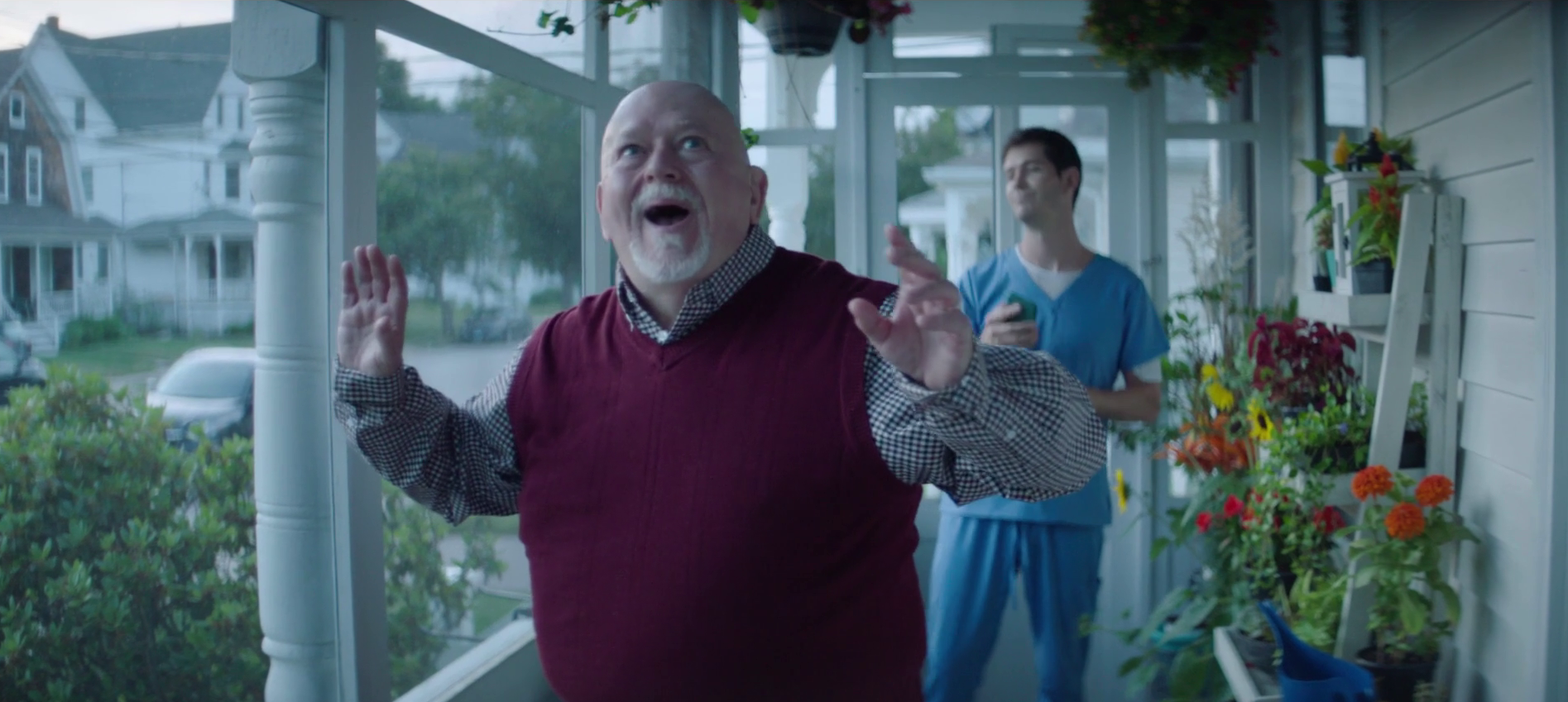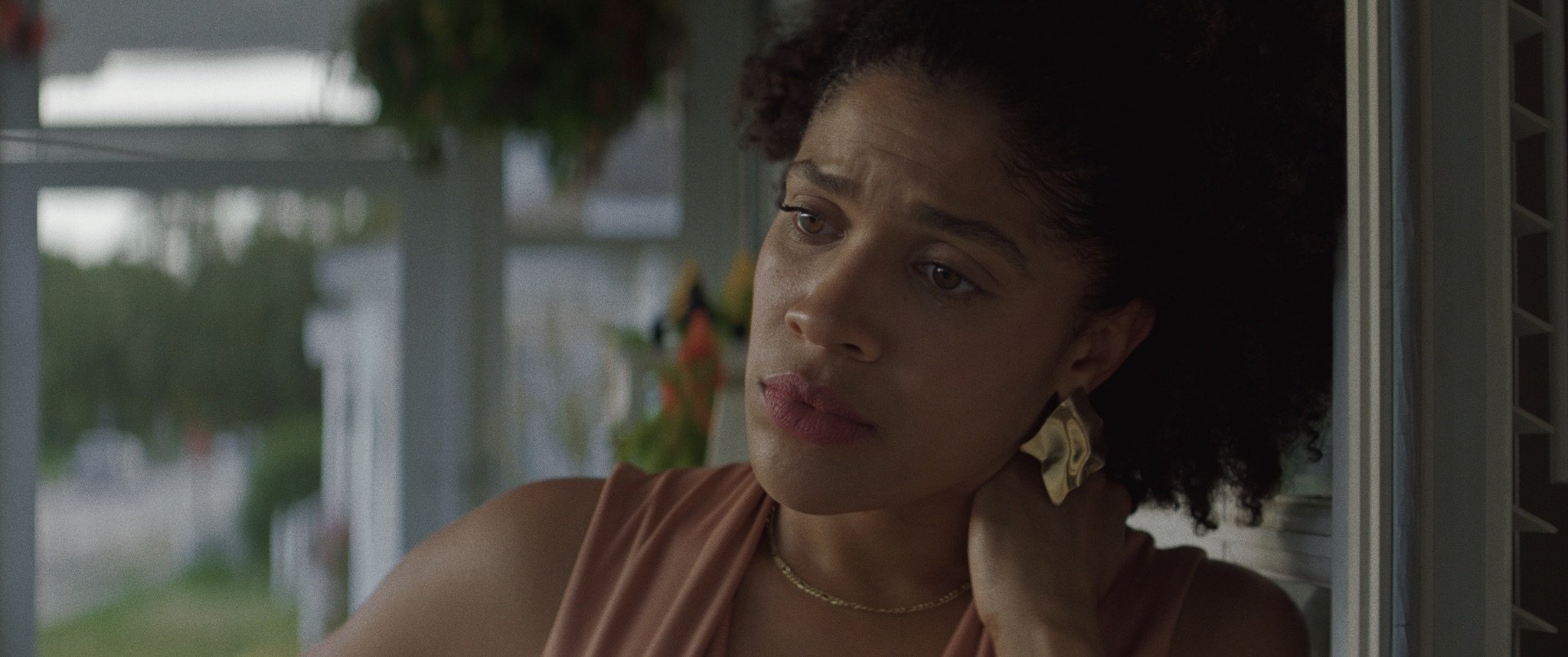
the film | Tuesday
16min | Drama | USA | 2021
The only person who can save a small Connecticut family from falling apart is the one who’s pretending nothing is wrong. In one of the most honest films of this generation, an ordinary day is transformed into a luminous testimonial of courage, sacrifice, and love.
Director’s notes
Erik Champney on set.
Of course, there would be no music. This wasn’t an artistic choice. Artistic choices are emotionally driven and, sometimes, innovative commitments to nuance, flamboyance, flaunting, and attention-seeking, decided upon by leaders who wish to thrill themselves. All the better if audiences find similar fulfillment from them, but, frankly, the basic respect for the audience has diminished them to be seen as unified blobs and not as individuals sitting together in a shared location. Artistic choices are necessary for art to be art, sure, but a series of practical decisions, born from logic, are how art is made palatable. A creation can certainly be powerful in its ability to perplex, requesting analysis from people who are left scratching their heads and asking, “Huh?” I enjoy a good puzzle, but the creations I find more arresting are authentically lifelike. The ones that cause people to widen their eyes in recognition and whisper, “Oh.” The absence of music was a practical choice, made without emotion, intended to evoke emotion from the viewer — raw, beautiful, embarrassing, real.
In between takes, Randy Borruso receives notes from Erik Champney.
Tuesday began with a conversation, as do all projects, but this was different. Randy Borruso wanted to make a film that contained three non-negotiable elements: 1) the deteriorating mental faculties of an elderly parental figure; 2) a song that, upon hearing it, would snap this person into total cognizance; 3) emotionally paralyzed adult children who are lousy caretakers. Many ideas came to mind that addressed each aspiration, but it was the concept of the song that hooked me. Of all the songs I’ve ever known, what one would have power enough to pluck me from the ether and put me back into my body? If a song in a movie is to have such meaning rooted into the depth of a character’s soul, that song must be the only music ever heard. To wrap it up inside a score, even if that score expressed variations of the song’s melody, would be to flush out the significance of its existence.
Dylan Goodwin, Assistant Director (left), and Erik Champney explain it all.
Jackson Jarvis, Cinematographer (left), and Erik Champney watch the monitor.
The fantasy of achieving overall significance and the pressure upon a work to be marked “significant” will be the ruin of film and theatre. Audiences, again, are not blobs capable only of a unified perspective. Yet one detail, here being the song, may have a universal reach while achieving a million impacts. It is a piece called “I Forgot to Remember You,” written especially for Tuesday by Marrick Smith. It makes a diegetic entrance in this world, ultimately transitioning into a lively soundtrack over a fun, lighthearted montage of interactions between two characters.
The presentation suggests nothing serious or worrisome is in play. It’s all quite delightful until the soundtrack is abruptly severed, along with the montage, and the audience collides into a moment of unbearable, private vulnerability that makes clear the previous sequence was the social media version of the experience these two characters are sharing. Anything suggesting less than an enviable good time has been omitted. Plummeting from that illusion into the truth, a truth with no music to tell audiences what to do about their feelings, was a practical decision that allows this film a truly significant moment — the moment when the audience realizes Tuesday is, most unexpectedly, calling on them to be brave and participate.
Erik Champney in rehearsal with his cast.
Tuesday is about so much and so little, as is every day of every week in our lives. The message, should there be one, comes from you and is yours to understand. What I am offering is a family and a home that welcomes you, cares about you, and knows you are more than capable of emotion that is yours alone and not borrowed from subliminal suggestions made by my cinematographer, my script, my actors, my composer. Tuesday isn’t radical nor is it a razzle-dazzle spectacle. It isn’t interested in politics or checking boxes. It never tries to be anything but what it is: pure and unusual in its effortless honesty.
And it’s kind. Sincerely, irrevocably kind. That, more than anything, is its edge.
Erik Champney, Writer and Director, Tuesday

MARRICK SMITHbeach boy lullabIes AND JONI MITCHELL DREAMS
WRITING THE SONG for tuesday


images from
tuesday
PICTURED: JACKSON JARVIS, CINEMATOGRAPHER
Randy Borruso (left) as Charles and Danielle Alonzo as Cassidy in Tuesday.
Randy Borruso as Charles in Tuesday.
Dylan Goodwin (left) as Jeff and Danielle Alonzo as Cassidy in Tuesday.
Dana O’Neal as Frank in Tuesday.
Randy Borruso (left) as Charles in Tuesday.
Dana O’Neal (foreground) as Frank and Dylan Goodwin as Jeff in Tuesday.
Randy Borruso (left) as Charles, Danielle Alonzo as Cassidy, and Dana O’Neal as Frank in Tuesday.
Randy Borruso as Charles in Tuesday.
Dylan Goodwin as Jeff in Tuesday.
Danielle Alonzo as Cassidy in Tuesday.
Dana O’Neal as Frank in Tuesday.
Dylan Goodwin (left) as Jeff and Dana O’Neal as Frank in Tuesday.
Randy Borruso as Charles in Tuesday.






















